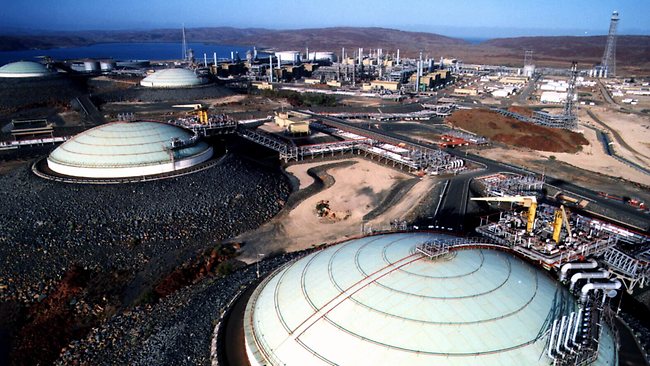Woodside strikers could lose assets for fines
 Fair Work will move to seize the assets of dozens of constriction workers in WA, to pay for fines after illegal industrial action.
Fair Work will move to seize the assets of dozens of constriction workers in WA, to pay for fines after illegal industrial action.
The situation stems from an eight day long strike in 2008, which was subsequently deemed unlawful by Fair Work, which fined 100 union workers more than $1 million.
The workers were made to pay $680,000 of that fee, but the ombudsman now says 33 have refused to put in their share.
The authority says it has now been forced to the unprecedented decision of seizing assets to pay the fine, most likely workers’ houses or cars.
“Those that haven't paid the fines, sufficient time has elapsed that we are giving instructions to move to recover what is owed,” Fair Work director Nigel Hadgkiss said in an interview with the ABC.
“It's the first occasion we've had to resort to this kind of action... or eight days there'd been unlawful industrial action and it had resulted in significant economic losses and project delays.”
The strike was over worker’s rights to redundancy payments or re-deployment after the end of the construction phase for the $8 billion Woodside LNG Expansion Project on the Burrup Peninsula, near Karratha.
Mr Hadgkiss has made no apologies for the forthrightness of the industrial umpire.
“If you break the law, you've got to be prepared to pay the consequences,” he said.
“I hope it's a salutary lesson to all workers that if they breach workplace laws, then this agency will, quite frankly, not hesitate to enforce penalties that are imposed by judges and the courts.”
The West Australian secretary of the CFMEU says the government swung into the issue as a political platform to intimidate unions.
“I think it's appalling; the matter was resolved with their employer at the time,” he said.
“It was some time later that the ABCC intervened and brought charges against individuals.
“Once the Abbott Government was introduced and Hadgkiss took over the ABCC, he went straight after the workers. It's out of control at the moment.
“I think they're trying to send a message of fear and intimidation.
“We are finding on a lot of these jobs now, that workers are in a spot where they're reluctant to bring up safety issues. We're in a high risk industry and when that message comes out it can create pretty tense and dangerous situations on site.”







 Print
Print